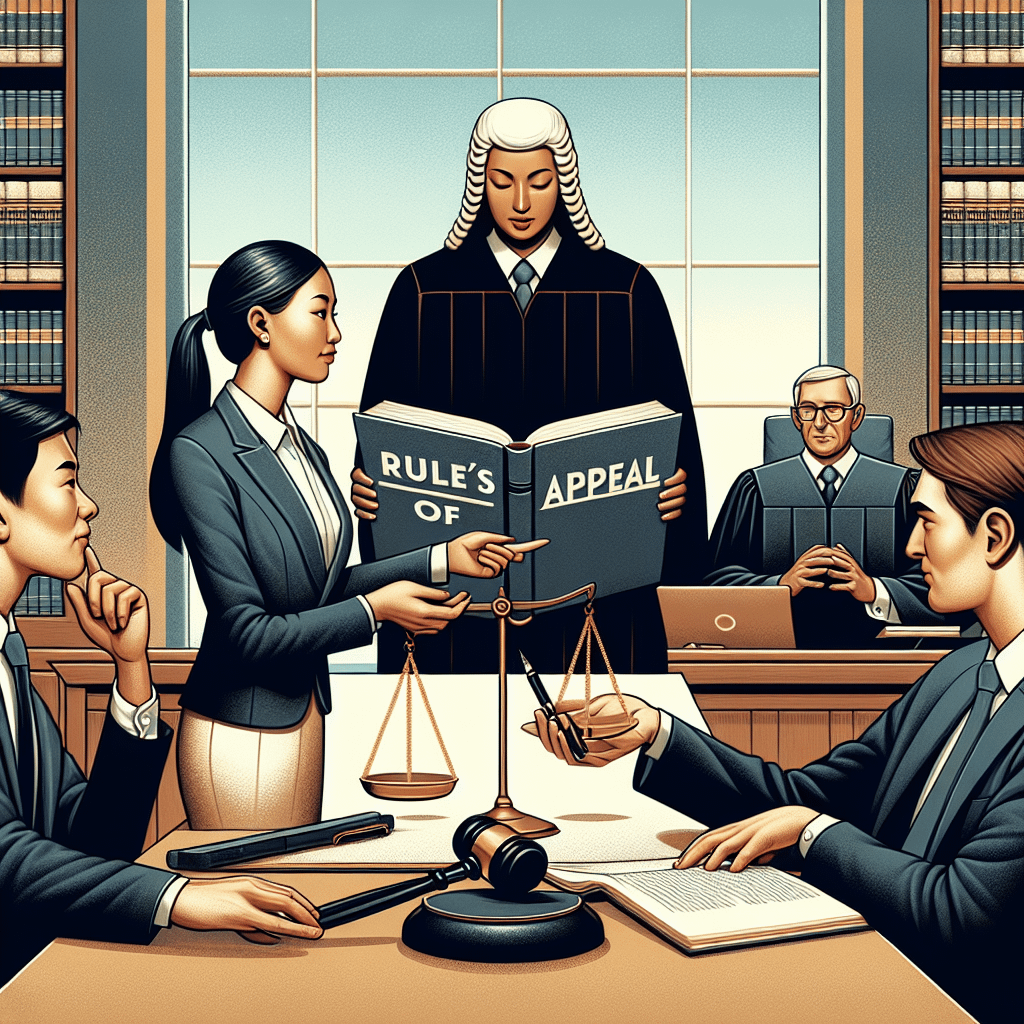When a decision in a court case goes against you, a natural impulse is to mount an appeal. But it’s important to understand that an appeal isn’t a new trial. As such, there are some limits on what can and cannot be dealt with in an appeal.
Understanding Appeals
Think of an appeal as a review process where a higher court examines the decision of a lower court. The goal isn’t to re-do the trial but to ensure that legal principles were correctly applied back in the original court.
What Can Be Done in an Appeal
1. Review of Legal Errors: One of the primary roles of an appeal is to check for legal errors. For example, if the trial judge misapplied a law or made an incorrect legal ruling that could have affected the outcome, this is a basis for appeal. This could include errors in jury instructions or the admission of evidence.
2. Consider New Evidence Sparingly: Appeals generally focus on the existing record from the original trial. However, in rare circumstances, new evidence may be considered, but it must be shown that this evidence could not have been found or presented in the original trial with reasonable diligence.
3. Assess Procedural Mistakes: Sometimes, procedural errors during the trial can justify an appeal. This might include errors in how the proceedings were conducted, which infringed on fair process rights.
4. Interpretation of the Law: If the way the law was interpreted by the lower court is contested, an appellate court might decide differently based on the arguments presented. This can reshape the understanding of legal principles.
What Cannot Be Done in an Appeal
1. No New Trials: The appeal process does not allow for a new trial to be conducted. This means that issues such as re-examining witnesses or introducing entirely new case arguments are out of the scope of an appeal.
2. Challenging Factual Findings: Appellate courts typically don’t reassess factual determinations made by the trial judge or jury. If a jury has decided on the credibility of witnesses, an appeals court will usually not re-evaluate these perspectives unless there was a clear error.
3. Introducing Avenues Not Raised Initially: Issues that were not contested or raised during the original trial or in initial submissions cannot generally be introduced at the appeal stage. It’s important in a trial process to bring up any issues or concerns early on.
4. No Retooling of Arguments: The appellate court won’t entertain a mere rehashing of arguments just because you don’t agree with the trial outcome. The arguments must be based on solid grounds, like legal misinterpretation or procedural faults.
Practical Tips for Navigating an Appeal
- Consult a Legal Professional: Given the complexities involved in filing an appeal, it’s crucial to seek advice from someone experienced in appellate law to assess the viability of your appeal.
- Timeliness Matters: Be aware of any deadlines for filing an appeal, as these are often strict. Missing these can forfeit your right to appeal.
- Focus on Substance: Ensure your appeal is based on substantial legal grounds. Appealing simply out of dissatisfaction with the decision is unlikely to be successful.
- Understanding Costs: Consider the financial implications, as appellate processes can be costly. Weigh whether the benefits of a potentially successful appeal outweigh the costs involved.
Remember that an appeal is a nuanced process designed to ensure justice through the correct application of law rather than to revisit all facets of a case. Understanding these boundaries is crucial for anyone considering an appeal as an option in their legal journey.








